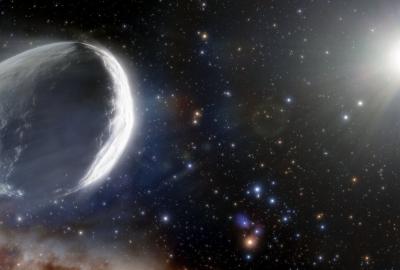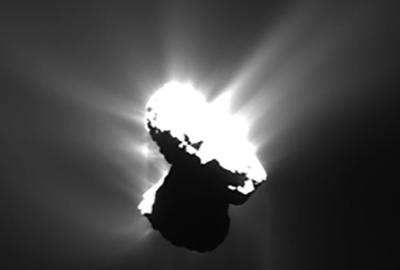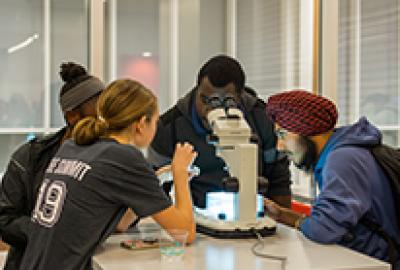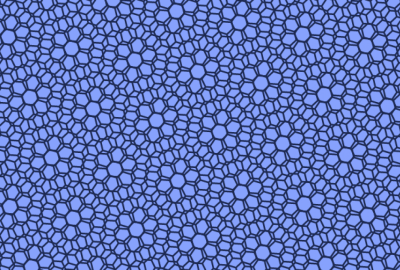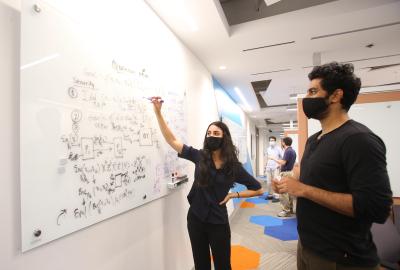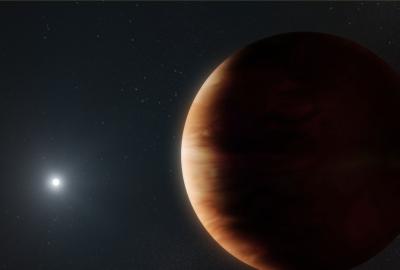Lin is a noted innovator in virtual reality, computer graphics and robotics.
UMD astronomers discovered that comet Bernardinelli-Bernstein is among the most distant active comets from the sun, providing key information about its composition.
The agreement extends support for the UMD-led Small Bodies Node of NASA’s Planetary Data System through 2026.
Biological sciences graduate Grant Dong discovers his passion for working with people.
Alumni and supporters from around the world helped the college raise funds for facilities, research, faculty and student support.
BioFIRE offers incoming students a community of faculty, staff and peers.
Researchers are creating the theoretical physics foundation that will be a map of this new landscape. And there is a lot to map; the phenomena in graphene range from the familiar like magnetism to more exotic things like strange metallicity, different versions of the quantum Hall effect, and the Pomeranchuk effect.
Joint Center for Quantum Information and Computer Science Receives Renewed Federal Funding from NIST
The interdisciplinary center focused on quantum computation, communication and cryptography is expected to receive up to $12.2 million over the next five years.
A team including UMD astronomers found a Jupiter-like planet orbiting a white dwarf star.
The Mokhtarzada brothers’ startup success story comes home with a new student venture incubator at UMD.



